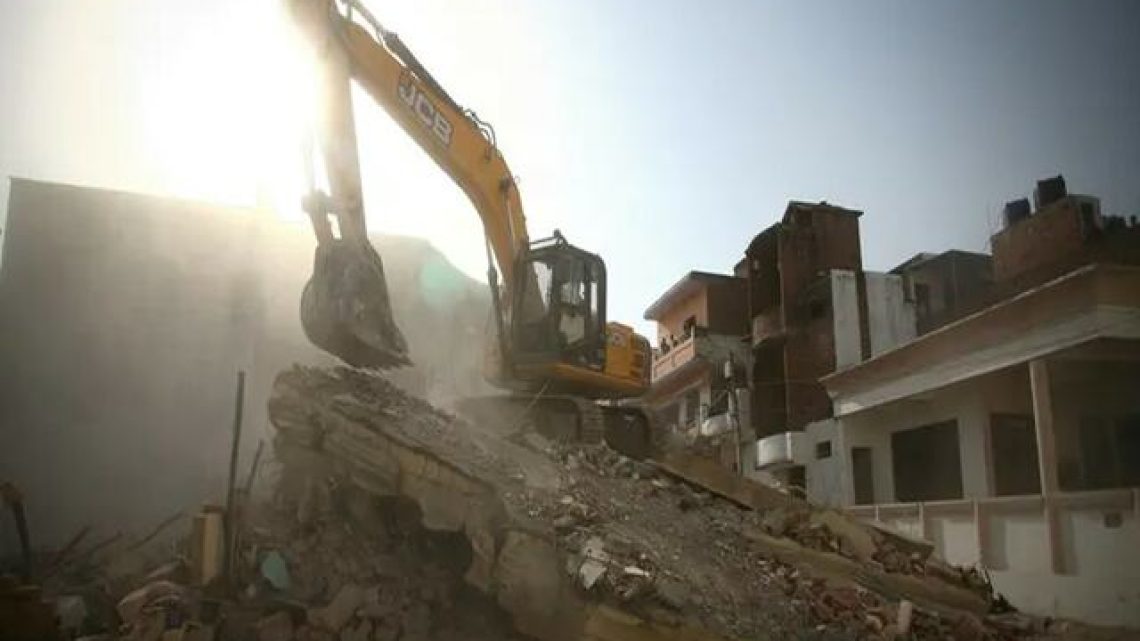
The Cost of ‘Bulldozer Justice’ for Muslims: A Call for Human Rights in India
September 24, 2024A recent report by the Housing and Land Rights Network reveals the shocking impact of India’s so-called “bulldozer justice.” In recent years, around 153,000 homes, predominantly belonging to Muslims, have been demolished, displacing approximately 738,000 individuals.
As the Supreme Court of India prepares to hear petitions against these punitive demolitions on October 1, affected communities and human rights advocates remain hopeful for a permanent ban on this harsh practice. The demolitions, often framed as efforts to remove illegal constructions, disproportionately affect Muslim properties, raising serious concerns about collective punishment and a lack of due process.
Rights advocates argue that these actions violate fundamental principles of justice. The demolitions have surged under the ruling BJP government, particularly in Uttar Pradesh, where they followed protests against inflammatory remarks made by party representatives.
Meenakshi Ganguly, deputy director of Human Rights Watch’s Asia Division, criticized the government’s actions. She stated that authorities employ “summary and abusive punishments” against primarily Muslim populations by demolishing their homes. Former Supreme Court Justice Madan Lokur also condemned the practice, asserting that demolitions are being used as a form of collective punishment without legal justification.
The Supreme Court has acknowledged that punitive demolitions cannot be justified, even when targeting properties linked to individuals accused of crimes. The court has emphasized that while unauthorized structures may be demolished, proper procedures—including prior notice and legal recourse—must be followed.
This practice, termed “bulldozer justice,” has spread across multiple Indian states, including Uttar Pradesh, Madhya Pradesh, Haryana, Assam, and Maharashtra, under BJP governance. Communities affected by these demolitions are anxiously awaiting the Supreme Court’s decision, hoping for an end to these destructive measures.
The Housing and Land Rights Network, an Indian organization dedicated to human rights related to housing and land, plays a crucial role in advocating for affected communities. Their work highlights the urgent need for justice and adherence to legal norms in demolition practices. As the court date approaches, the implications of this case extend beyond legal technicalities. It raises critical questions about the treatment of marginalized communities in India and the broader principles of justice and human rights. The outcome could set a significant precedent, potentially reshaping the future of housing rights in the country.

